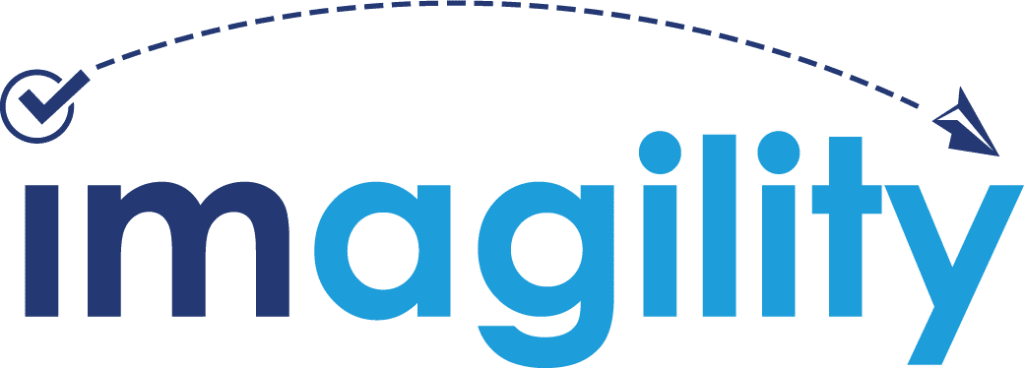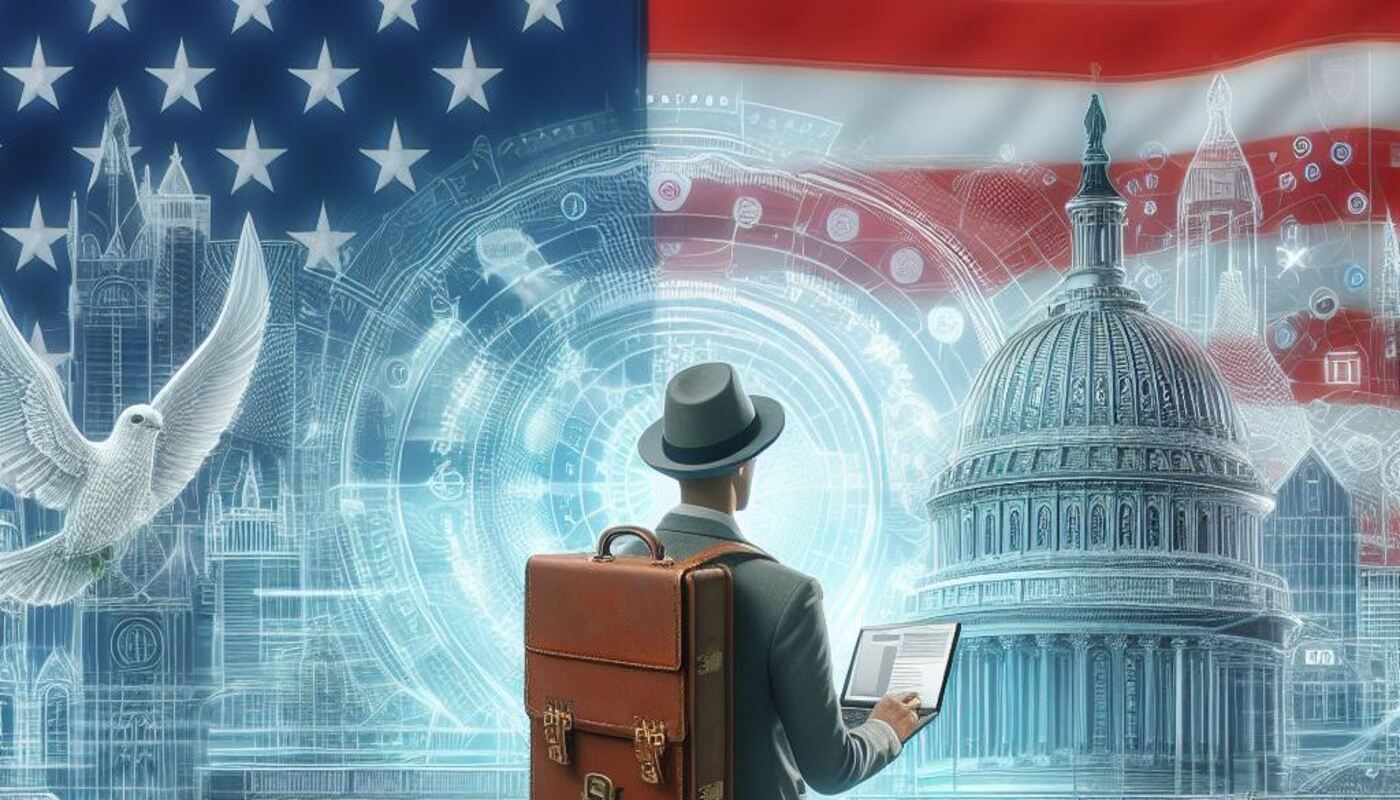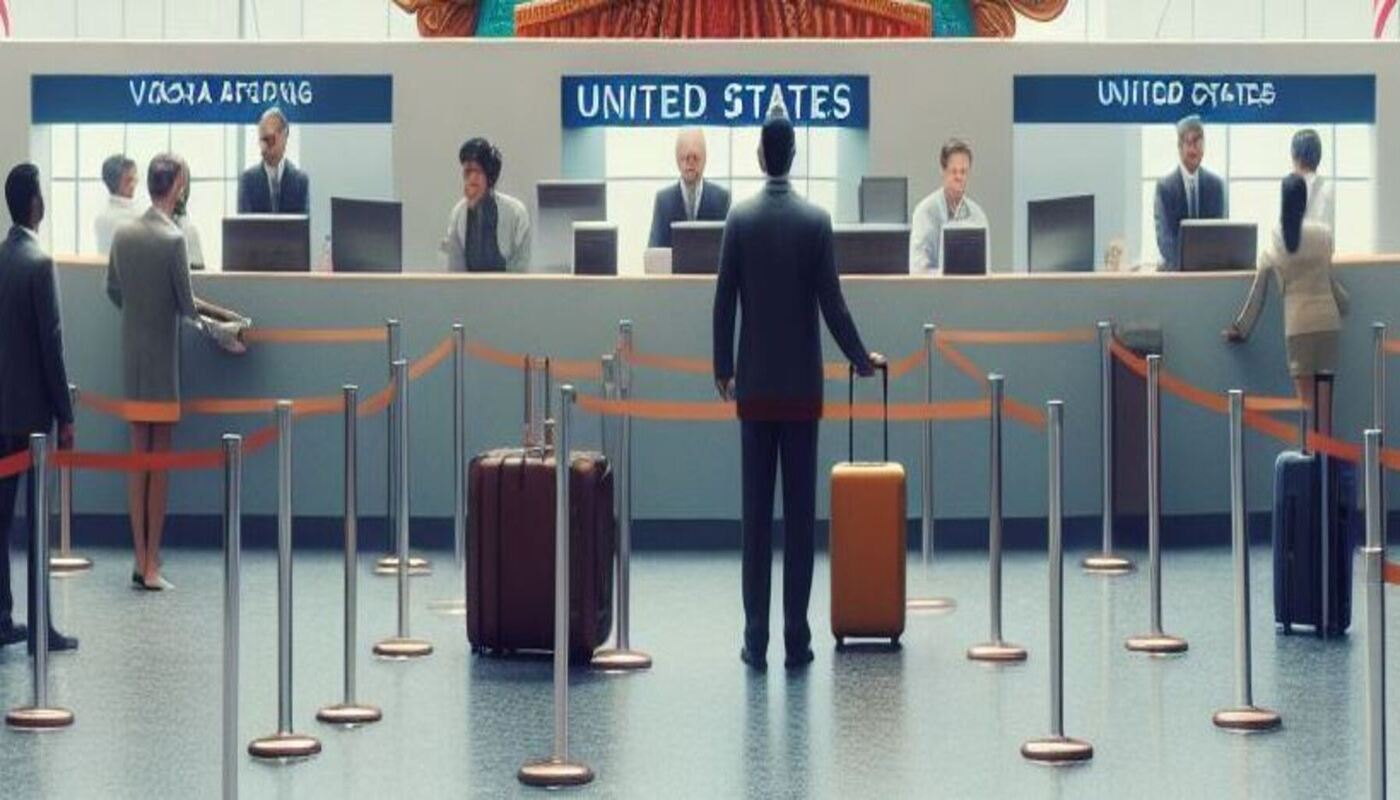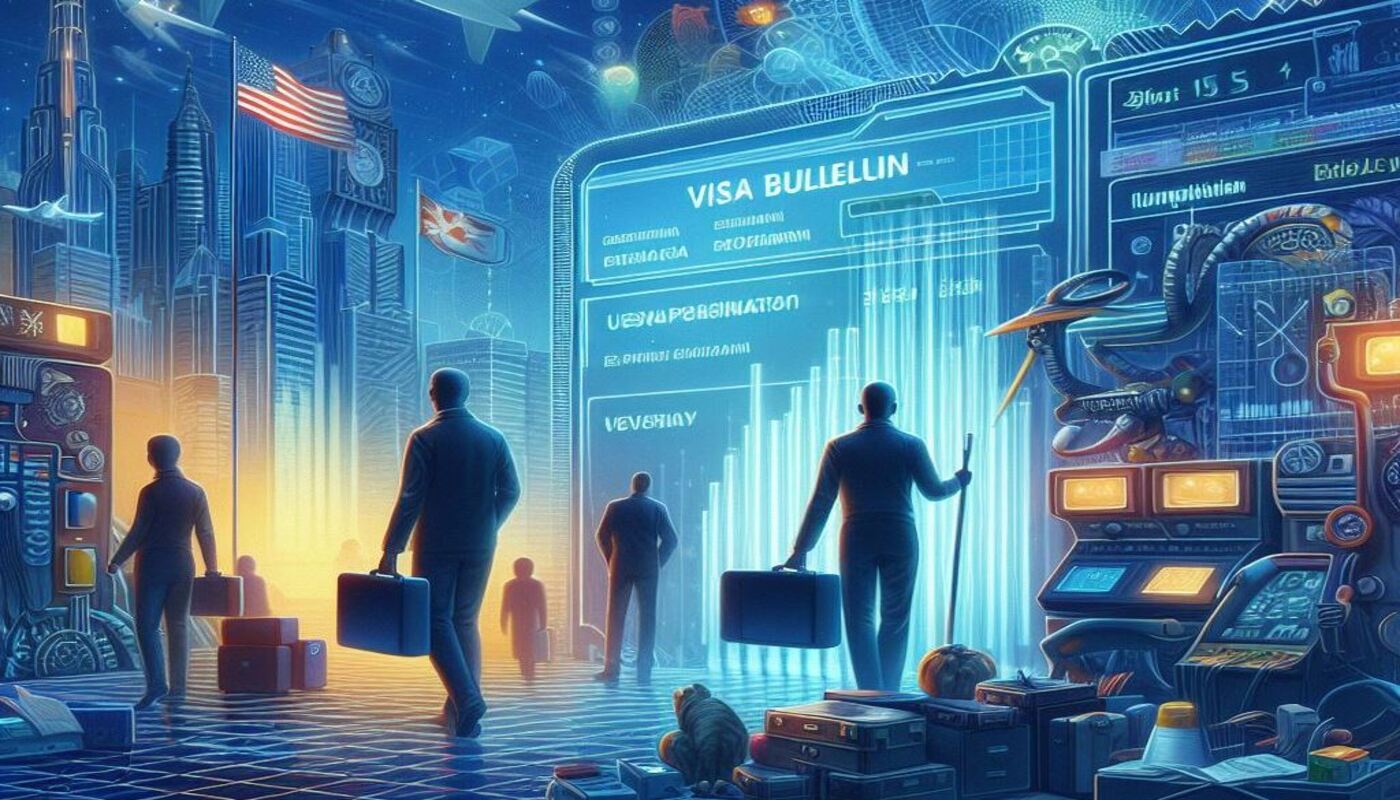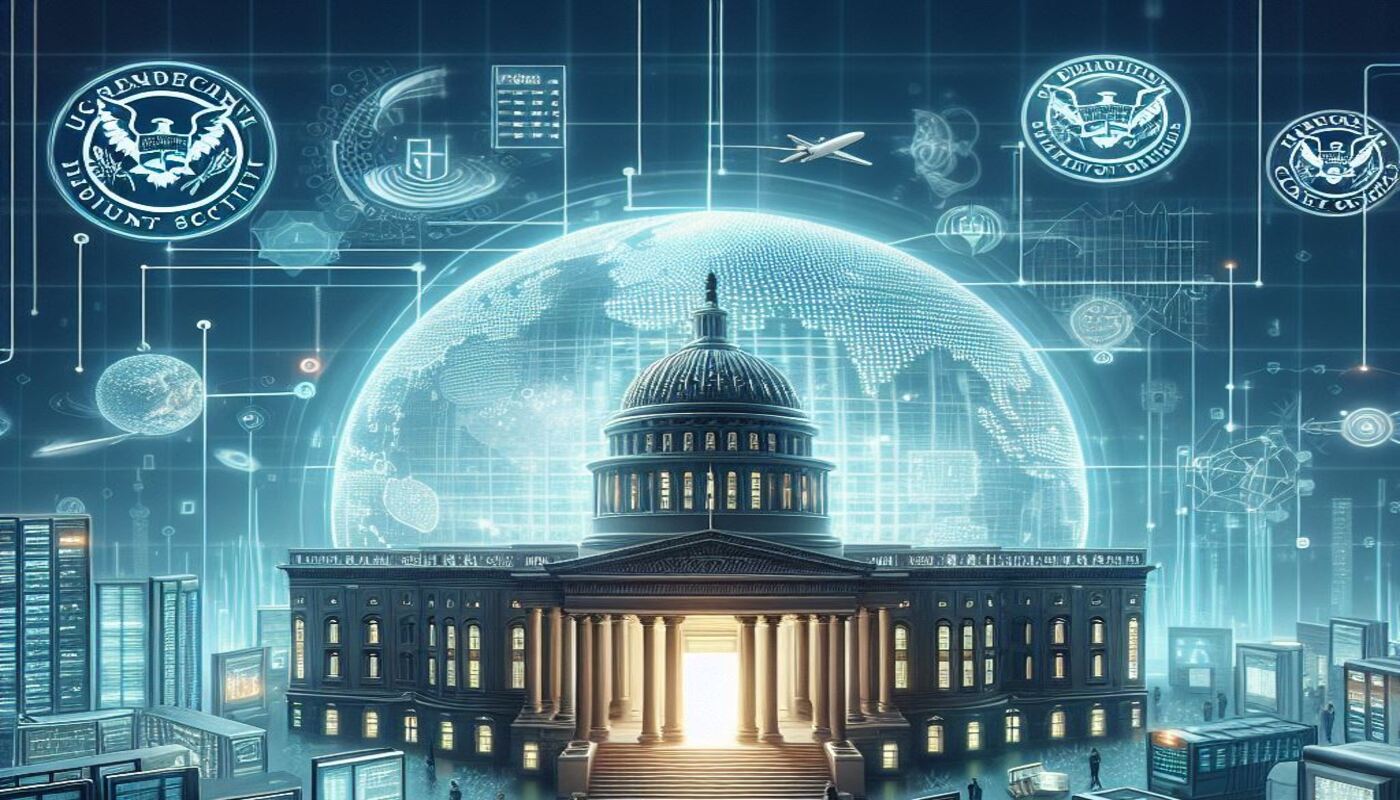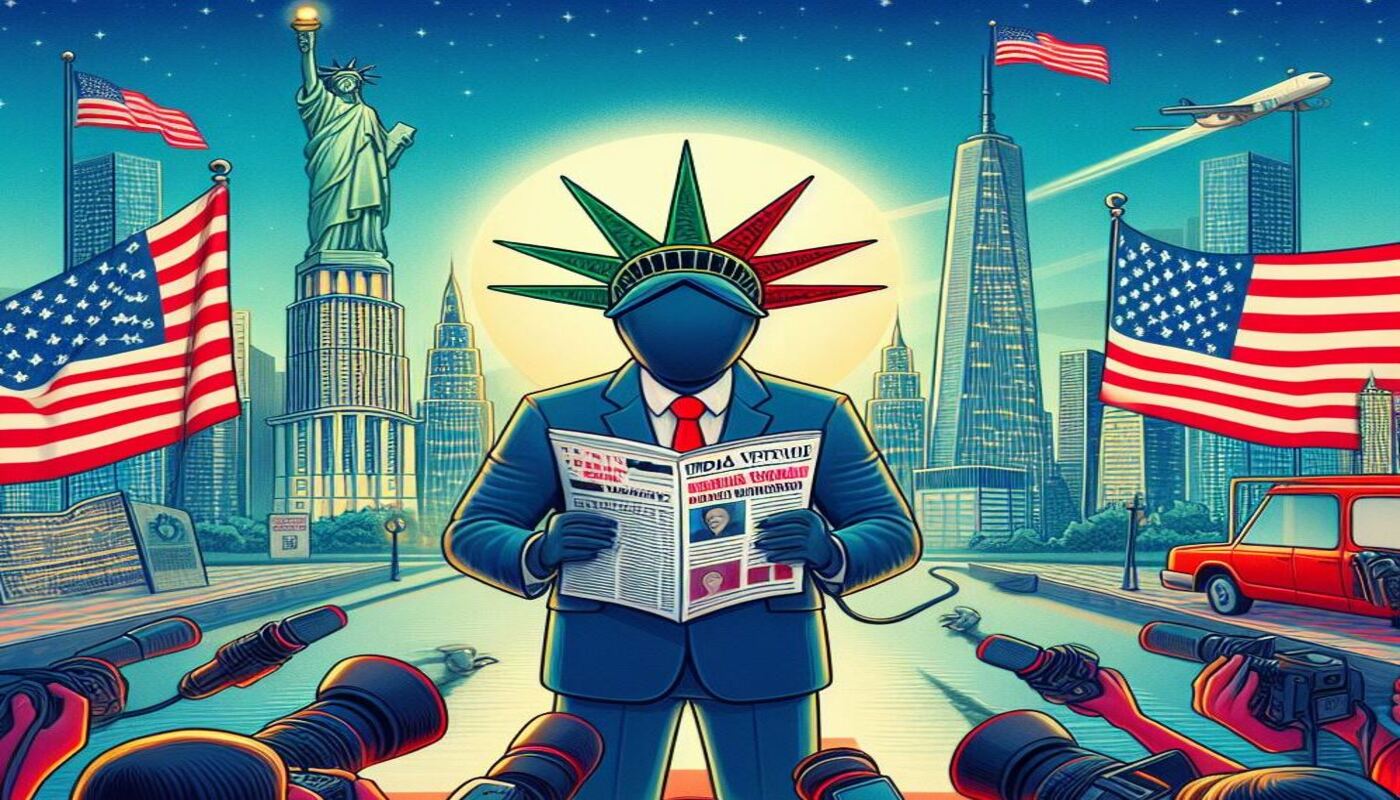Concerns Rise as H-1B Visa Process Faces Unprecedented Fraud Levels under Biden Administration
This year’s H-1B visa application process has become a source of anxiety for many hopeful applicants, following the Biden administration’s discovery of a significant increase in fraudulent registrations. The coveted H-1B work visa allows foreign nationals to work and live in the United States, subject to an annual quota of 85,000 selections through a random electronic lottery conducted by the Department of Homeland Security (DHS).
The FY2024 H-1B lottery witnessed an astonishing surge in submissions, with a total of 780,884 registrations vying for selection. Alarming findings by the DHS indicate that over half of these registrations may be fraudulent, posing a serious threat to the fairness of the selection process. USCIS (U.S. Citizenship and Immigration Services) has already initiated fraud investigations and is considering a second round of selections to rectify the situation.
Shafiqa Kureshi, a senior attorney at Fragomen, Del Rey, Bernsen & Loewy, LLP, expresses shock at the scale of fraud and the impact on legitimate job opportunities. Some applicants resort to paying consulting companies to enter the lottery multiple times, undermining the integrity of the process. The Biden administration’s crackdown on registration fraud is welcomed by those who recognize the need for reform to ensure fairness and reduce fraudulent attempts.
While the investigation continues, H-1B visa applicants hope for substantial reforms in the electronic registration process to curb fraudulent practices. The aim is to provide genuine candidates with a fair chance to pursue their American dreams without the unfair disadvantage posed by fraudulent entries.
Challenges Mount for H-2B Visa Program as Demand Exceeds Supply
In the realm of H-2B visas, which cater to foreign workers offering nonagricultural services on a seasonal basis, challenges persist due to overwhelming demand. The congressionally set cap of 66,000 visas per year struggles to accommodate the needs of industries such as hospitality, landscaping, construction, and seafood processing.
Employers must navigate a complex process, including obtaining temporary labor certification and demonstrating a genuine need for foreign workers. While recent measures have temporarily increased the number of available H-2B visas, they fall short of addressing the systemic issues. Stakeholders emphasize the need for legislative action to align visa allocations with current labor market needs.
The divided government landscape presents challenges to meaningful changes, and the potential for new legislation may introduce uncertainties for both employers and foreign workers. The H-2B program’s inherent uncertainties hinder long-term planning for businesses, potentially impacting the economy if employers with temporary staffing needs struggle to fill positions. As the complexities persist, stakeholders advocate for systemic reforms to ensure the stability and accessibility of the H-2B visa program.
Source: ABA
